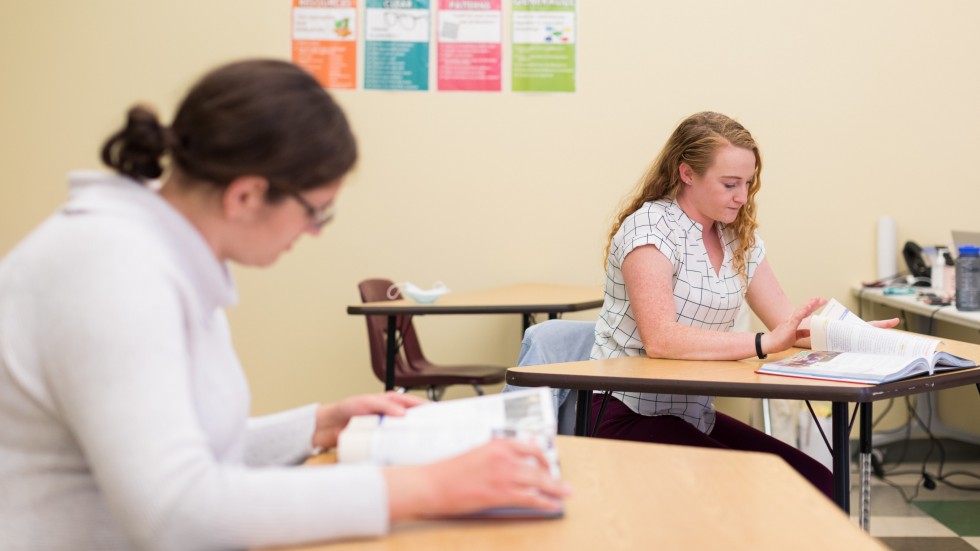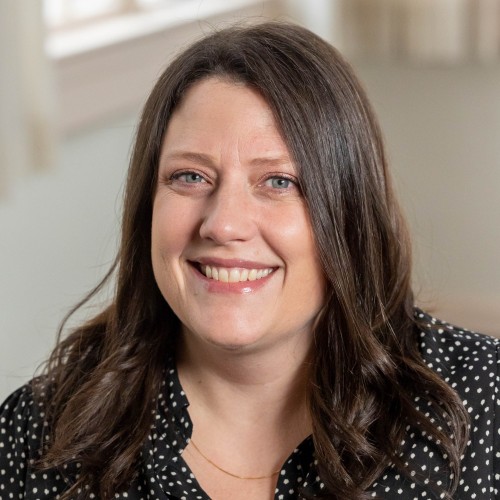Math/Science, 5-8 Teacher Licensure Specialization
This teacher licensure specialization leads to a master's degree in inclusive education and Massachusetts initial licensure in math/science, 5-8.

Program Overview
The Inclusive Education Master's Degree Program prepares educators to create and lead equitable classroom environments that encompass a range of student needs and promote equity, social justice, diversity and accessibility.
In this program, students will:
- Develop specific math and science pedagogical skills to teach adolescent learners
- Develop mathematical and scientific thinking to design curricula to reach all learners
- Explore universal design, intersectionality and inclusivity
- Learn to foster care, connection and community with colleagues and adolescent learners and their families
All inclusive education master's students are required to take five core inclusivity courses as well as the coursework for their licensure. For the Math/Science, 5-8 Teacher Licensure, courses such as Science Teaching and Learning in the Middle School and Mathematics Teaching & Learning in the Middle School prepare educators to create and lead an inclusive math/science middle school classroom.
Sample Courses
Mathematics Teaching & Learning in the Middle School
Classroom Inquiry & Action Research
Experiential Learning Opportunities
Our inclusive education graduate students engage in action research, semester-long project-based learning, intensive residency and research with faculty.
Practica Placements
Licensure students complete practica placements at both urban and suburban sites as well as specialized locations. This is an opportunity for students to observe, assist and teach in a range of educational settings. All licensure students are required to complete a field experience or internship.
Partnerships
Stonehill has partnerships with several area school districts as well as specialized locations. Residency students can work in diverse settings at our public and private partner sites, including the League School and South Shore Educational Collaborative, among others.
Project-based Learning
In courses such as Curricular Innovations & Assistive Technology, students complete a semester-long assistive technology project focused on increasing curricular access.
Student Research
Students have the opportunity to work with faculty on research in a variety of areas. In 2019, three students worked with Elizabeth Stringer Keefe to examine the process of the Individualized Education Program (IEP) from the perspective of both parents and educators and presented their findings at the Massachusetts Council for Exceptional Children Annual Conference.
Contact Information
Graduate & Professional Studies Admission assists students as they explore graduate and professional opportunities offered at Stonehill College.
Meet the Director of Graduate Teacher Education
